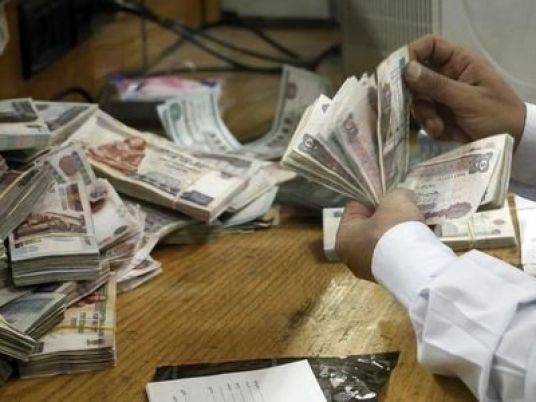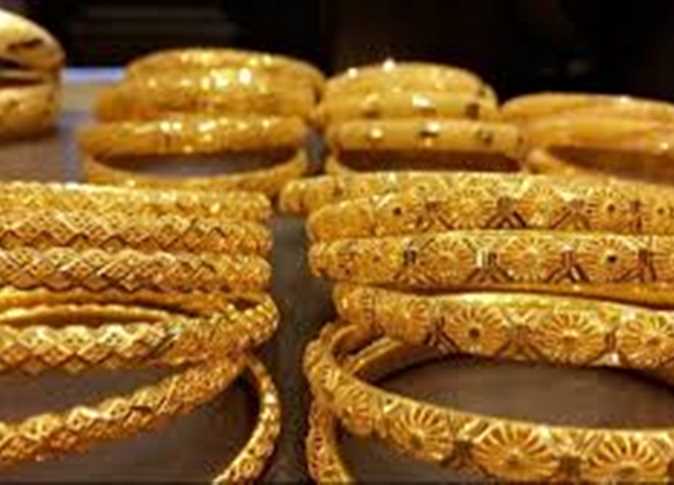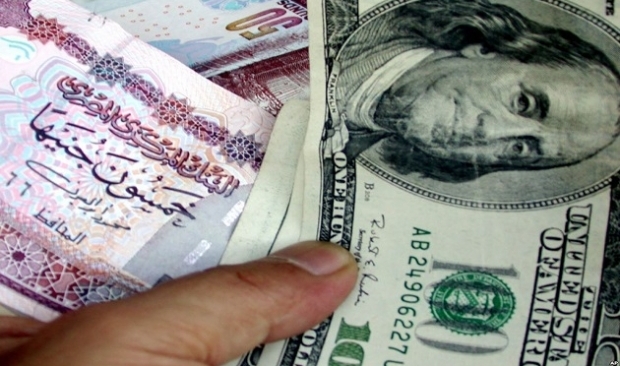
Egypt's central bank kept the pound steady at 7.53 to the dollar at a foreign exchange auction on Thursday where it offered $300 million, a massive jump from amounts usually offered at auction.
The central bank said the amount was needed "to cover a pending backlog due for payment for the import of raw materials, production requirements and spare parts".
The central bank usually offers around $40 million at each of their auctions. It used to hold them four days a week but reduced the frequency on Thursday to three per week.
A fixed income trader at a major bank, who declined to be named, said he thought the central bank would meet pending demand for dollars and therefore did not need four auctions a week, especially as they raised the amount on offer.
The central bank sold $500 million in the interbank market on Monday to meet outstanding demand for strategic staple food commodities.
The central bank has kept the official exchange rate steady for three months since letting the pound weaken at the beginning of 2015. This step and other measures have helped reduce black market trading significantly.
In Thursday's auction, the bank said it had offered $300 million and sold $298.7 million at a cut-off price of LE7.5301 per dollar, unchanged from Wednesday's auction.
The rates at which banks are allowed to trade dollars are determined by the results of official auctions, giving the central bank effective control over exchange rates.
On the black market, the pound was trading at LE7.685 to the dollar on Thursday, one trader said, slightly weaker than the rate quoted on Sunday of LE7.67/68.
Black market traders say volumes have fallen sharply since the central bank's drive to stamp out their transactions, including the introduction of a cap in February on the amount of dollars that can be deposited in banks.
The authorities hope this will signal to foreign investors that the economy has returned to normal after four years of turmoil, but Egyptian importers and exporters say the cap on dollar deposits has reduced foreign exchange liquidity and stifled business activity.




